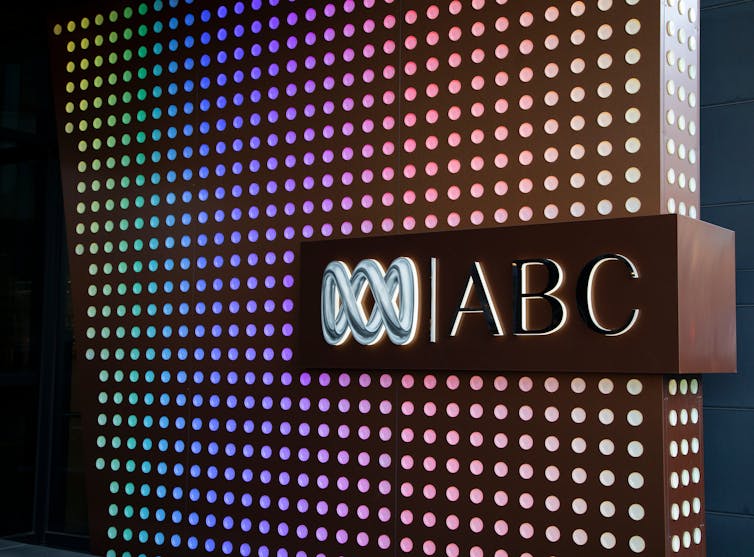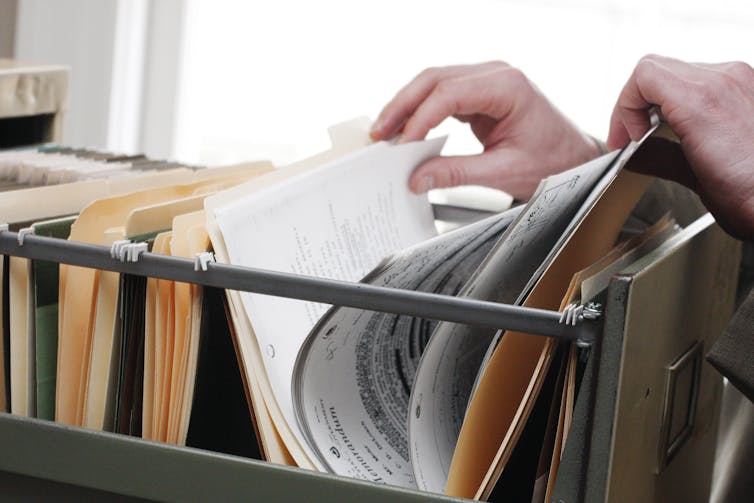Is fast-tracking funds to Foxtel the best way to support the media during COVID?
- Written by Johan Lidberg, Associate Professor, School of Media, Film and Journalism, Monash University
According to an ABC report, government funds were fast-tracked to Foxtel[1] during the coronavirus pandemic.
This news will raise eyebrows, as the media — like so many industries — tries to survive the pain and disruption[2] brought by COVID-19.
Why are some outlets missing out when others have their requests prioritised?
The Foxtel fast-track
The background to these latest Foxtel funds is a $30 million grant[3], controversially awarded to the subscription broadcaster in 2017.
This was to
support the broadcast of underrepresented sports on subscription television, including women’s sports, niche sports and sports with a high level of community involvement and participation.
At the time, media reports noted[4] the government did not adequately explain why it had given the funds to Foxtel.
Fast-forward to April 2020 and COVID-19 was wreaking havoc[5] in the media sector. The federal government announced a support package[6] for the media, but Foxtel missed out.
Read more: That was the news: a sad farewell to the ABC's 7:45am bulletin[7]
However, as the ABC reported, after a letter from Foxtel chief executive Patrick Delany, the TV service quickly received $17.5 million.
This included bringing forward $7.5 million of taxpayer money already granted to Foxtel. In July 2020, a further $10 million[8] was awarded to Foxtel, with the same opaque justification as the 2017 grant.
The ABC was able to report the process behind these developments following a Freedom of Information (FOI) request.
Foxtel supported as national broadcaster struggles
The Foxtel funds came amid yet another round of cost-cutting and job losses at the ABC. In June, the ABC announced 250 job losses[9] to deal with an $84 million budget shortfall.
 The ABC recently announced 250 job losses.
www.shutterstock.com
The ABC recently announced 250 job losses.
www.shutterstock.com
As of this week, the iconic 7:45am radio bulletin[10] no longer features in Australians’ morning routines as a result of the cuts.
Meanwhile, regional media outlets have been particularly hard hit[11] during COVID. We have also seen recent job losses at News Corp[12] (who is a part owner of Foxtel) and Channel 10[13].
What support have media companies had during COVID?
The government announced a COVID-support package for the media[14] in April.
This included $41 million in rebates for use of the broadcasting spectrum, targeted at commercial television and radio broadcasters.
Read more: The government's regional media bailout doesn't go far enough — here are reforms we really need[15]
A $50 million Public Interest News Gathering program[16] was also announced to support public interest journalism delivered by commercial television, newspaper and radio businesses in regional Australia.
Is this the best use of taxpayer funds?
The reports of the fast-tracked funds to Foxtel beg the question, where is public money best spent? On the public broadcaster so it can maintain its crucial services (with another bushfire season around the corner) — or on a subscription-based commercial broadcaster?
When you consider the different support packages[17] the Morrison government has launched as part of its pandemic response, there is one glaring omission — support for the national broadcaster.
The ABC is the most trusted media brand[18] in the country. But instead of supporting it, to help us get through the pandemic, the Coalition continues to bleed it. This is the polar opposite to its support of News Corp-owned Foxtel, a relationship[19] the government seems much more comfortable with and clearly prioritises.
Not enough information
When considering whether Foxtel deserves its funding, it would be useful to see a government-issued summary of how it used the first $30 million.
We have seen some reporting[20] (again via FOI requests) of how the initial $7 million was used to boost sports coverage. But given this is taxpayers’ money, best practice would be open and transparent government reporting on how the funding is utilised.
It would also be useful to have an explanation of why the extra funds were provided now.
Unfortunately, information access and openness has not been the Morrison government’s forte.
We have seen a number of cases[21] where the FOI process has been contrary to the spirit of the Freedom of Information Act[22], which holds that as much information as possible should be made available to the public.
 The Australian government has been criticised for the high rate of FOI refusals.
www.shutterstock.com
The Australian government has been criticised for the high rate of FOI refusals.
www.shutterstock.com
The blocking of FOI requests[23] over Energy Minister Angus Taylor’s attack on Sydney Lord Mayor Clover Moore[24] is one recent example.
The recent requests to the Morrison government about Foxtel is another. According to the ABC[25], more than half of the hundreds of pages released were blacked out and 80% of the rest had substantial redactions. Communications Minister Paul Fletcher’s chief of staff, Ryan Bloxsom, was one of the FOI decision makers and justified the extensive redactions in this way:
I do not consider it would inform debate on a matter of public importance or promote effective oversight of public expenditure.
This is not just out of line with the aims of the FOI Act, it means Australians remain ill-informed about how and why tax payer money is being spent. Our public discourse is worse of for it.
This makes funding public interest journalism even more important — especially in the regions where coverage of courts and local councils is the engine room of our democracy.
Read more: Funding public interest journalism requires creative solutions. A tax rebate for news media could work[26]
References
- ^ fast-tracked to Foxtel (www.abc.net.au)
- ^ pain and disruption (www.theguardian.com)
- ^ $30 million grant (www.theguardian.com)
- ^ media reports noted (www.theguardian.com)
- ^ wreaking havoc (www.afr.com)
- ^ support package (www.paulfletcher.com.au)
- ^ That was the news: a sad farewell to the ABC's 7:45am bulletin (theconversation.com)
- ^ further $10 million (www.theguardian.com)
- ^ 250 job losses (theconversation.com)
- ^ 7:45am radio bulletin (theconversation.com)
- ^ particularly hard hit (theconversation.com)
- ^ News Corp (www.abc.net.au)
- ^ Channel 10 (www.abc.net.au)
- ^ for the media (www.paulfletcher.com.au)
- ^ The government's regional media bailout doesn't go far enough — here are reforms we really need (theconversation.com)
- ^ Public Interest News Gathering program (www.communications.gov.au)
- ^ different support packages (theconversation.com)
- ^ most trusted media brand (theconversation.com)
- ^ a relationship (theconversation.com)
- ^ some reporting (www.smh.com.au)
- ^ number of cases (www.theguardian.com)
- ^ Freedom of Information Act (www.oaic.gov.au)
- ^ blocking of FOI requests (www.theguardian.com)
- ^ Sydney Lord Mayor Clover Moore (www.theguardian.com)
- ^ to the ABC (www.abc.net.au)
- ^ Funding public interest journalism requires creative solutions. A tax rebate for news media could work (theconversation.com)













